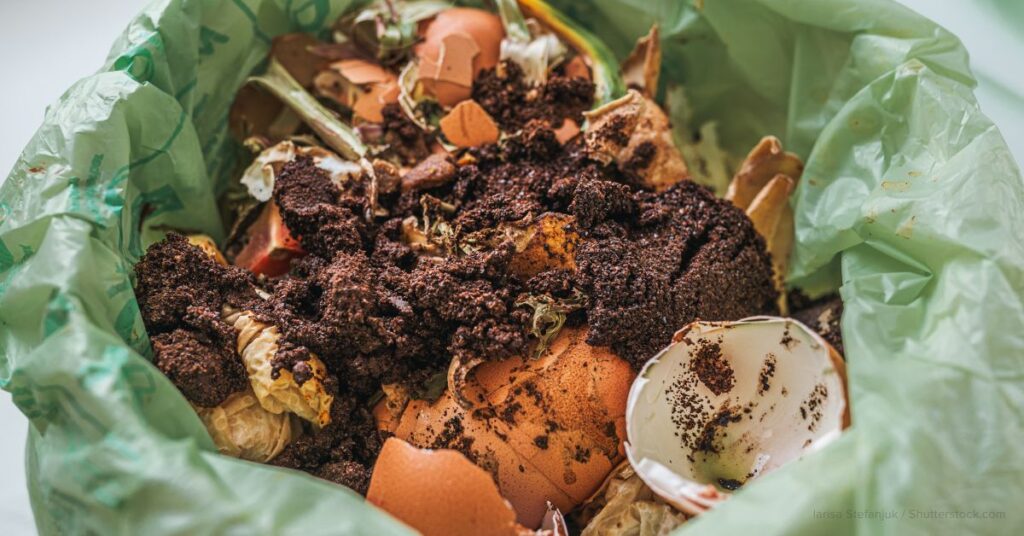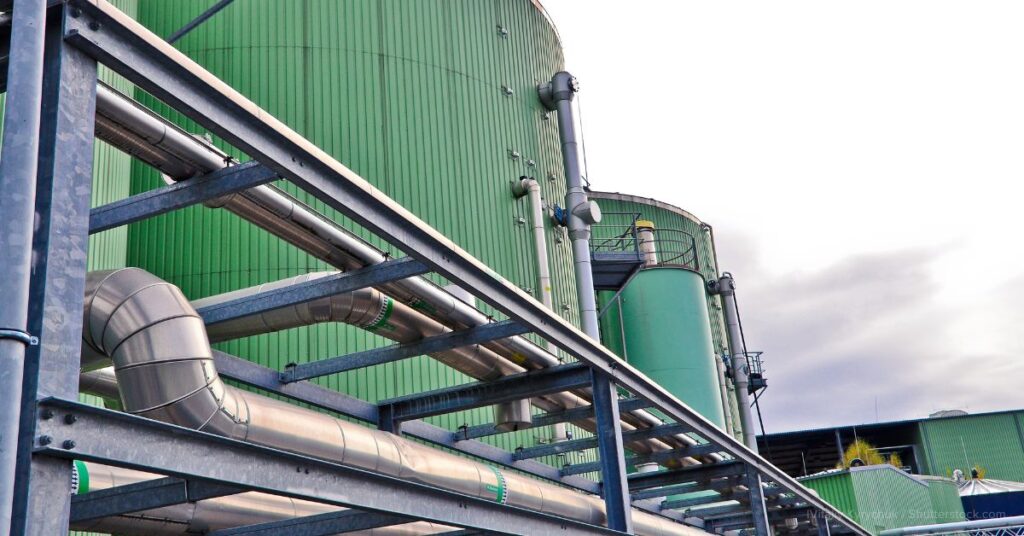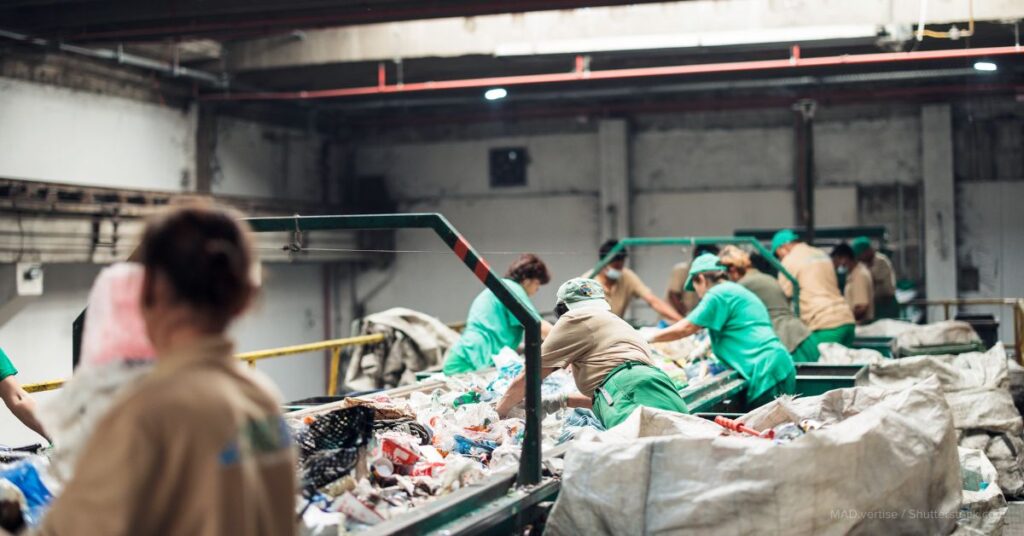
Published
February 27, 2024
Tags:
Learn more about disposing cassava and corn starch bags or any other types of bioplastic, you’ve come to the right place.
Traditional plastic’s inability to break down after disposal has caused a significant buildup of plastic waste globally. Bioplastics were invented as alternatives to combat this environmental problem. While these transformative materials degrade more efficiently than traditional plastics, they still require proper disposal methods. If you want to learn more about disposing cassava and corn starch bags, or any other types of bioplastic, you’ve come to the right place.
Disposing cassava and corn starch bags: 3 methods to know
Properly disposing of bioplastics is essential to maximize their environmental benefits. Specific conditions, including temperature, moisture levels, and microbial activity, are crucial for their efficient breakdown.
To get the most out of bioplastics, it’s essential to dispose of them correctly. Certain factors like temperature, moisture, and microbial activity play key roles in ensuring they break down efficiently. The following are some of the best methods for disposing cassava and corn starch bags.
Home composting

Composting at home is a great way to eliminate your old biodegradable packaging for business or personal use. Mix them with compostable materials like fruit and veggie scraps, yard waste, and coffee grounds in a bin or pile. Make sure to layer food scraps with leaves and keep the pile damp. Stir it regularly to help it break down faster. Eventually, microorganisms break everything down into compost, which you can use to improve your garden soil and reduce trash.
A study on bioplastics made of cassava starch and corn starch found some important tips for successful composting. It’s crucial to keep the compost pile moist—too little water slows down the breakdown, while too much water makes it harder for things to decompose. Having a good mix of microbes helps break down the bioplastics, but too many microbes can get in the way. Warmer compost temperatures speed up the breakdown process, with the best range typically between 27 to 60°C.
Industrial composting

Industrial composting facilities, which typically run at temperatures around 50°C, speed up the breakdown of bioplastics a lot. However, not everyone has easy access to these facilities, which could make it challenging for bioplastics to be disposed of widely.
Specialized programs

Specialized biowaste collection programs make composting bioplastics easier, preventing them from ending in landfills. Waste incineration plants can produce energy from bioplastics that can’t be recycled or composted conventionally, which helps support sustainability initiatives.
Cassava and Corn Starch Bags for Your Daily Use

Effectively handling hazardous waste is crucial to avoid harming the environment. Although bioplastics offer hope in tackling plastic pollution, it’s essential to dispose of them properly to benefit the environment entirely.
Join the sustainability movement in the Philippines! Oikos Sustainable Solutions is the first brand awarded with an Environmental Technology Verification statement from the Department of Science and Technology for our cassava and corn bags. This verifies that our cassava and corn starch bags are genuinely plastic-free, biodegradable, and compostable, making them the ideal alternative packaging to plastic and the best choice for sustainable businesses in the Philippines. Take the first step to becoming an eco-friendly business by learning more about our brand.
Facebook
Linkedin
Twitter
Pinterest
